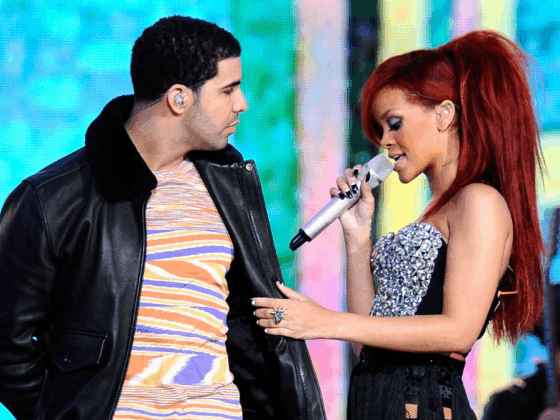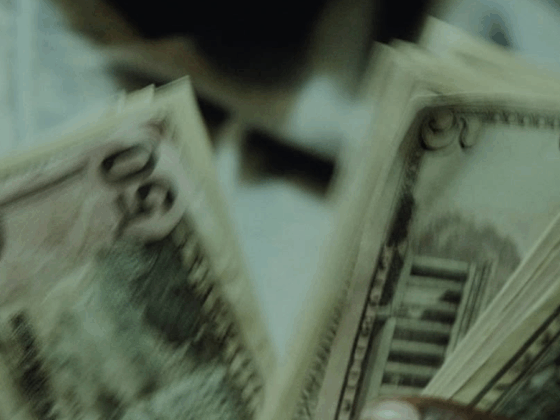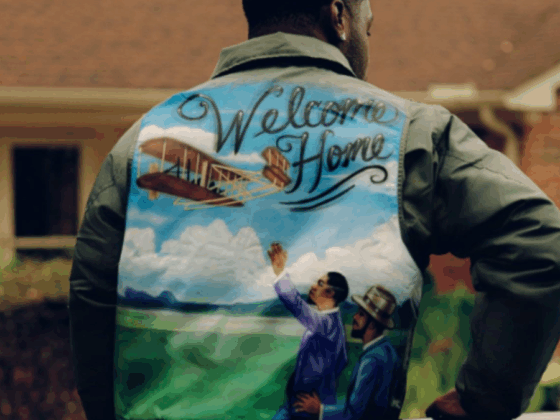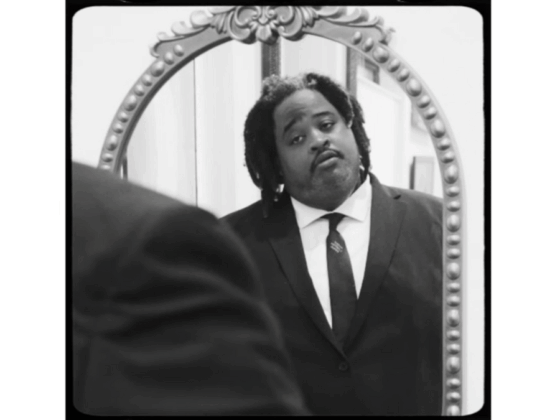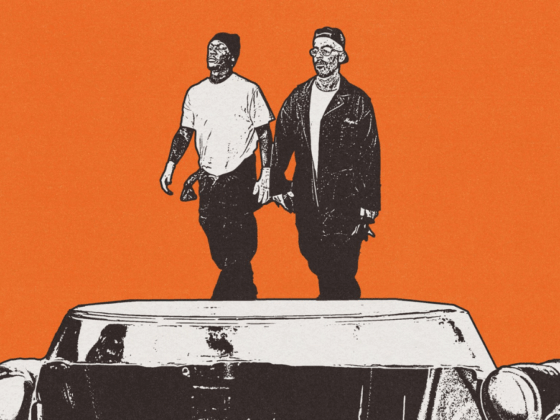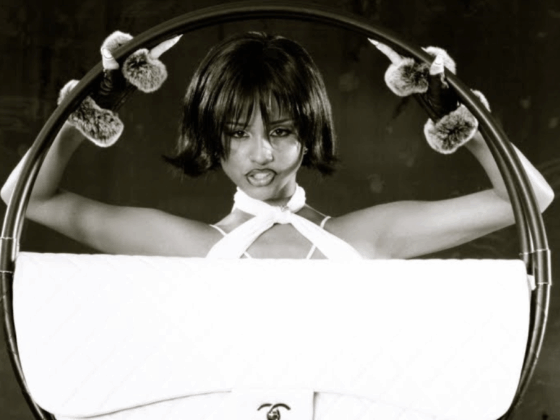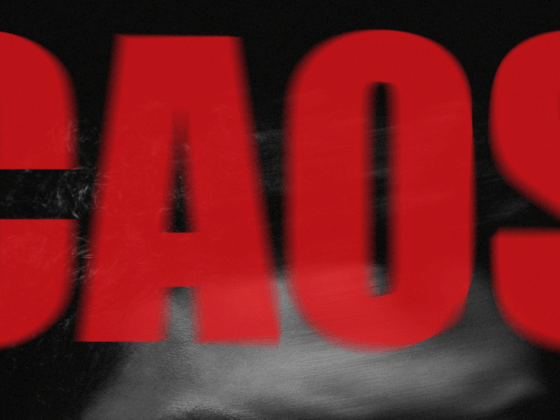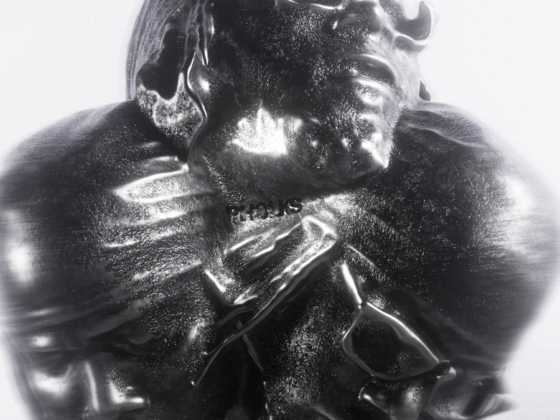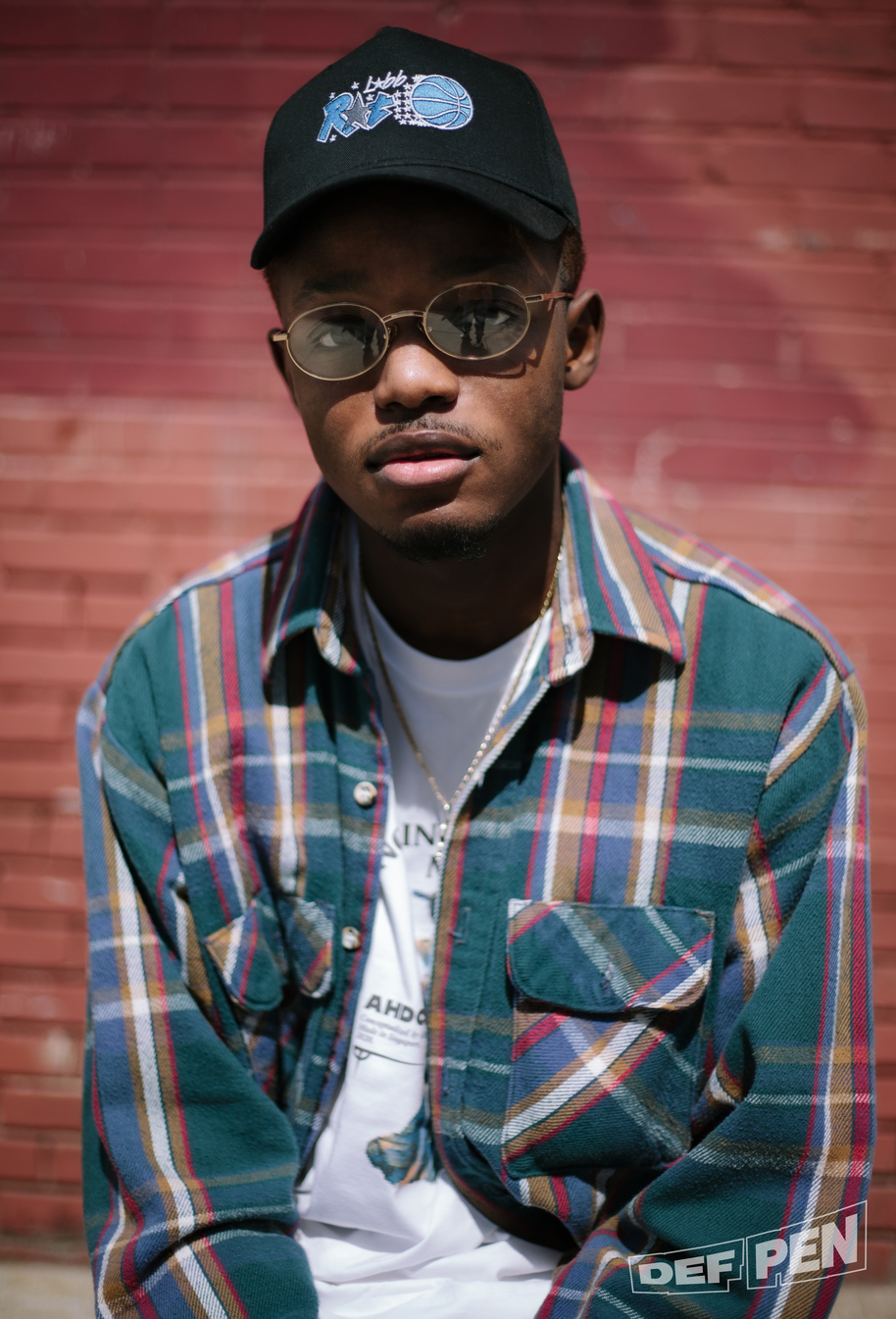
Brooklyn is where dreams are made and it can also be a place where they pass away. Growing up in the borough, HDBeenDope had a dream to rap that emerged at the age of 11. While rapping may be an unattainable dream in most places, Brooklyn has proven to be the perfect place for him to become what he is today. From Bobby Shmurda to Jay-Z, the borough has shown time after time that it can mold MC’s of all styles and walks of life. From dropping out of college to pursue his dream to traveling out to Europe to build his fan base. HDBeenDope has shown time and time again that he refuses to let his dream die.
Creating his own lane, he has taken his early sound and refined it into what we heard on his most recent project, BrokeN Dreams. In this in-depth conversation with the New York native, Culture Editor Ryan Shepard talks about being compared to Logic, the first time that he told someone that he wanted to rap and the importance of music videos.
Ryan Shepard: I first found your music when I was about 18 or 19 years old. It was a song called “Aladeen” produced by Hippie Sabotage. Looking back to the time you released that song, how much has changed with your approach to making music since then?
HDBEENDOPE: At that point in time, I was trying to level up how I create projects. With “Aladeen,” I was looking at the landscape and understanding what would garner attention. That song was made to get people to pay attention and ask, “Who’s this guy?” Releasing that song was a very “in the moment” decision. Overall, I was still trying to get my feet under myself in terms of how I approach the music. Stepping Into Tomorrow was a project that I made so that people would walk away and say, “Okay, he can make songs.”
I think the evolution from there to now is taking everything that I’ve been learning over the years and putting it into this melting pot. With a record like “Broken Dreams,” I added concepts, which is something I did on Greay(t) Area. I also added the ability to make songs that sound catchy while also incorporating the raps throughout all of it. I’ve just been trying to perfect this melting pot that I’ve been creating for a couple of years.
One of the lines that stuck out to me came towards the middle of the record. You said, “They be like/He sounds like Logic/No, he sounds like Joey/No, he sounds like/Shut the f*ck up and blow me.” In music, people have always felt the need to group people together regardless of whether it makes sense to or not. How do you feel like you’ve been able to carve out your own lane since releasing that song?
That goes back to the whole idea of the melting pot. Even when I said that line, I wasn’t necessarily annoyed with the comparison. It’s cool when you hear it a couple of times and then it’s like, “ah, whatever.” I was self-aware enough to know that people comparing me to other rappers isn’t a slight against me. When you find something new, you want to make yourself comfortable with it. While I did sound frustrated on that record, it wasn’t true frustration. It was me coming to understand that if I speak on it people will say, “Oh, look he’s doing it. Look at how he feels about it.”
Now that I’m carving out my own lane, it’s always just been the same thing of running the race that I’m supposed to run. Every time I sit down and make a song, I want it to be better. I want to level up in a different way. As long as I’m sticking with it and growing, everything that comes with it is just what comes with it.
From my viewpoint, rapping is like basketball, acting, or something of that nature. Yes, I played basketball as a kid, but that didn’t mean I would go pro. Growing up, everybody raps. At least, everybody tried to rap at the lunch table or homeroom, but that didn’t mean we’d get a record deal. When did you realize that you could take your career to where it is today?
That would have to be when I was 16 years old. When I first started rapping and I told my homies that I would start rapping, I was about 11 years old. At that moment, I believed that was all I wanted to do. I remember a time in the 5th grade when I was at some science fair and my girlfriend at the time’s Mom started asking me questions. I was about 10 years old and she asked me what I wanted to be when I grew up. I remember telling her that I wanted to be a rapper and after that, I thought, “Damn. Did I really just say that? I don’t know if this lady will respect me.” So, I always had it in my head that this is what I’m going to be.
Around that time, I was heavily influenced by Lil’ Wayne. I was watching 106th & Park and all of this other stuff. At that time, my draw to Hip-Hop was all of the glitz and the glamour. I was drawn to all of the stuff that kind of comes with being the rapper on top. Then, I got to high school and J. Cole came out. I heard The Warm Up and I was like, “Damn. This dude is telling his story; it’s introspective and all of that.” That was the shift for me, so my music became a lot more introspective and I was just trying to get my thoughts out. When I turned 16, I put out this mixtape called Backpack Rap. There was this kid Richie from New Jersey that became a fan after he found me on YouTube. He started going around his school just handing out my mixtape. The second I realized that someone I never met was really a fan of me and wanted to support me I knew that I could really do this. That was the catalyst for me to get things to where they are now.

It’s interesting to hear how people make that type of decision. You have to decide where you’re going to go in your career. How do you know that this is what you’re meant to do? Along the way, you continuously ask that question. So, I do appreciate that answer. One of the things you said earlier caught my attention. I’m originally from New Jersey, so I grew up with nearby New York influences like 50 Cent and Jay-Z. I also grew up 90 minutes away from shows like 106 & Park. Having grown up in the city, you witnessed and grew up around all of the things that I mentioned. Do you think a video show like 106th and Park could exist in today’s music?
I think a show highlighting videos would be dope. However, I do think it would be hard to get people to a centralized visual. I think any type of scheduled television is hard to get people to dive into. It would be especially difficult considering it would center around music videos that we could just watch on-demand. With that said, I do think having those platforms would be good because 106 & Park was just dope for the interviews. Having people come in and share parts of their story would be cool. I do want BET to bring back the old 106th & Park episodes on their app or something. Being able to just watch the old interviews would be hard.
One of the reasons I wanted to ask you about 106 & Park is that you put a lot of work into your videos. Earlier today, I was watching a behind the scenes clip from the “20 K” video that you put on Instagram. You were filming a scene from the inside of a van going across the bridge. What has been the most fun you’ve had while shooting a video recently?
“20 K” might’ve been the most fun video experience because we shot it so late at night and all my homies were on set. We were just in Staten Island late as hell and it was cold as hell. I don’t know. It was just the first time we did something with a production company and all of that, so it definitely felt like the beginning of blowing up. Every video we’ve done has a fun story.
You put out BrokeN Dreams in May. Your project comes at a time when we’re all inside for the most part because of the pandemic. We need something to escape reality a little bit, so new music is definitely appreciated. Given that we can’t go to concerts or hear the music outside at functions, were you afraid or hesitant to release BrokeN Dreams?
I wouldn’t say that I was afraid, but I was moreso frustrated. I came up with the idea for the project in 2017. From 2017 until now, I’ve been working on this project. My favorite part about all of this is doing shows. I got off the road in May and one of the biggest lessons I learned from that was to just hit the road. It doesn’t matter if it’s 100 people in the crowd or 50 people in the crowd. You’ve just got to keep building your audience in these cities. So, I just knew in my head that when I released this project that I would hit the road. I didn’t care. I just wanted to be in front of people that enjoy my music. That was always my vision for this project. When we were getting ready to come out, we were on lockdown in March and the project was slated for May. I was thinking, “Damn. Maybe, I should push it back.” I was also reflecting on all the time I spent building this project before we got to this place of uncertainty. At a bare minimum, I want people to have the music and live with it. Whatever comes with that, comes with that.
“The projects I’ve put out are solely about my life at that moment and I have to live life to experience it”
One of my favorite songs from the project is “Off The Block.” It’s one of my favorite songs because the first verse is dedicated to those who start asking for things at the first sight of your success. You said, “Three things change when you get to the paper/Friends, some might even turn to your haters/The crib, ’cause that ain’t where you live no more/Plus your fam start to treat you like you owe that dough.” What has been the weirdest or funniest experience you’ve had involving people asking you for favors, money, etc?
Around that time, people would hit me for money. People would see me doing this, doing that, and think, “Oh he’s got to be good.” It got to the point where I had to stop and say, “Wait, you feel a little too comfortable asking me for bread.” On paper, I don’t have a job. Why are you coming to me? I was definitely dealing with those types of situations while making this project.
The standout record that has emerged from this project is, “Broken Dream.” Throughout that song, you talk about your trajectory not just as a rapper, but as a person over the last few years. You also talk about the time you’ve taken in between projects. It’s definitely not rare for artists today to take time in between projects, but it’s definitely different from the artists we see putting out music every other month. For you personally, why is it important for you to take time in between putting put projects?
The projects I’ve put out are solely about my life at that moment and I have to live life to experience it. Before I put it out into the world, I have to be comfortable and confident that I’m telling you these stories exactly how they need to be told. Records like “Byrd” and “Rev Run” involve me making a beat, a hook, and delivering the song. With projects, I write down everything I went through in that year. Then, I start taking those things and try to write a tracklist from that. I’m basing the tracklist from what I can tell a story or something with. It’s the tracklist before anything, so that’s why it takes a little bit long longer.
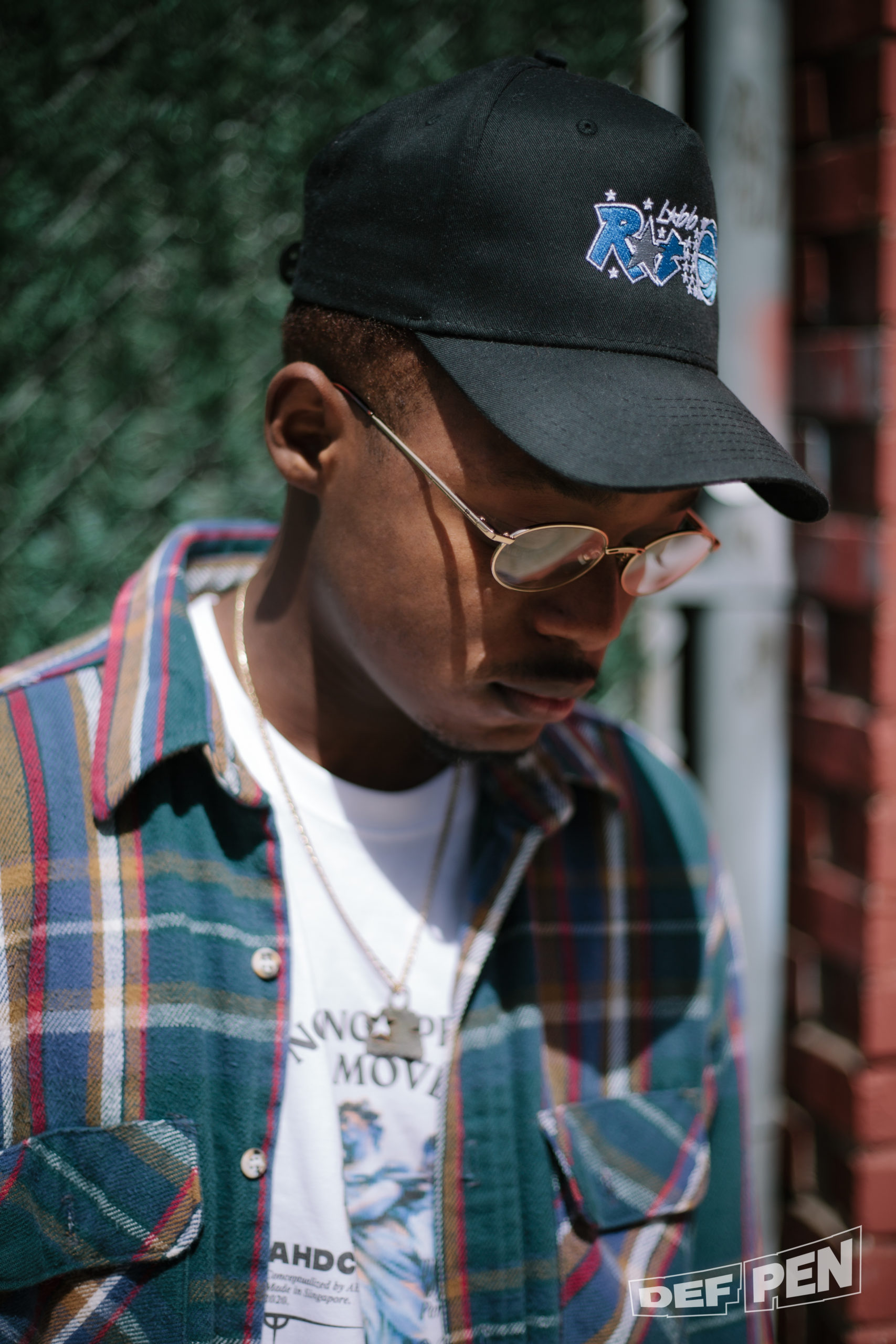
Another thing I wanted to ask you specifically about that song is the length of it. It’s a seven-minute song. As a listener, it may appear to be long, but it could have been 15 minutes and you cut it down. It also could’ve been four minutes and you stretched it to seven. With a song that is seven minutes, how do you know that it’s finished? Why not make it longer or even shorter?
With a song like that, I’m thinking about what’s next. It’s 100% chronological. When I get to the end, I feel like I spoke about everything that happened or the details that have relevance to the story. Once I gave all of that, I know that the song is finished. If it would’ve been 20 minutes, then it would have been 20 minutes. Within seven minutes, I feel like I was able to tell the full story. Even when I listened back to it, I feel like I went through everything and I can see every moment as it’s happening.
Throughout the seven-minute track, you mention a lot of the people that helped you get to the place in your career that you are now. How are you able to determine when someone is genuine and around for your better well-being as opposed to someone who is around for the glitz and glamour that initially attracted you to Hip-Hop as a kid?
My way of weeding people out is to kind of focus on my own stuff. I don’t say this as if I’ve figured it out completely, but my way of doing this is to just be more recluse Anytime I’m working on my own project, I’m usually focused on my own sh*t. There may be people that have come around wanting to help or just looking to be useful, but I get so locked on my stuff that I may not be as attentive as I could be. What I have noticed is that as I become more recluse while working on the music, I have more trust for the people that are around at the end of that process. I have a deeper level of trust with them because I know that they are here for whatever comes with this. For me, being more of a recluse and working on the creative is what I need to get things right. If somebody that’s willing to put up with that, then I know that they are really here for me. I think a lot of people like the product, but they don’t really want to deal with the process.
More recently, you’ve been putting together these 60-second freestyles over different beats. How do you differentiate between a beat from a song you like to listen to and a beat that you actually want to rap over?
If I listen to a song and think about how a beat is made or wish that I had made it myself, then that’s more so a song I would choose to rap over. If it’s a song that I like and I can kind of understand how the beat is made, then it’s usually not going to pique my interest or make me want to rap over.
One of the beats that you’ve rapped over is “Dior” by Pop Smoke. Being that you’ve grown up in New York and you’ve seen how its gone through different changes musically and culturally, what effect do you think he’s had on the city that makes him unique?
I think he had a unique presence on records. Let’s say there is a record with several artists on it. When you hear that record, you’re waiting for a certain artist’s verse to come up because they just have a different presence. I think Pop Smoke had that within music and inside the city. That’s one of the things about him. You’ll hear people drive by blasting Pop Smoke. That would consistently happen while he was here and even now that he’s gone.
Going off of that, how do you feel like growing up in New York has shaped you as an artist? Also, are there any stereotypes that are typically applied to New York artists that don’t necessarily fit you
Interesting. I definitely think it shaped how I communicate through music. There’s New York lingo in my rhymes and things like that. I also understand how a New York artist pops inside of New York. For plenty of years, we hadn’t had somebody that was completely embraced by New York as a whole unless it was a street artist. That’s just how it worked. When you think of any big song or a song of the summer, it was always some street sh*t. I kind of recognized that pretty early, so my focus was always to build outside of New York. I got into the internet.
When I first started making music, I put out a mixtape and that afforded me the opportunity to go to Europe. That’s where my first big shows were at. They were out in Paris and places like that. Back then, I wouldn’t hear my music get played on my block at all. It wasn’t until I built a fan base out there that I got to a point where I could hear people on my block playing my music. It’s still even to the point where everybody is listening, but it’s my block. It’s not all of Brooklyn, but it’s on my block. It took me having to go outside of the city for people to get it.
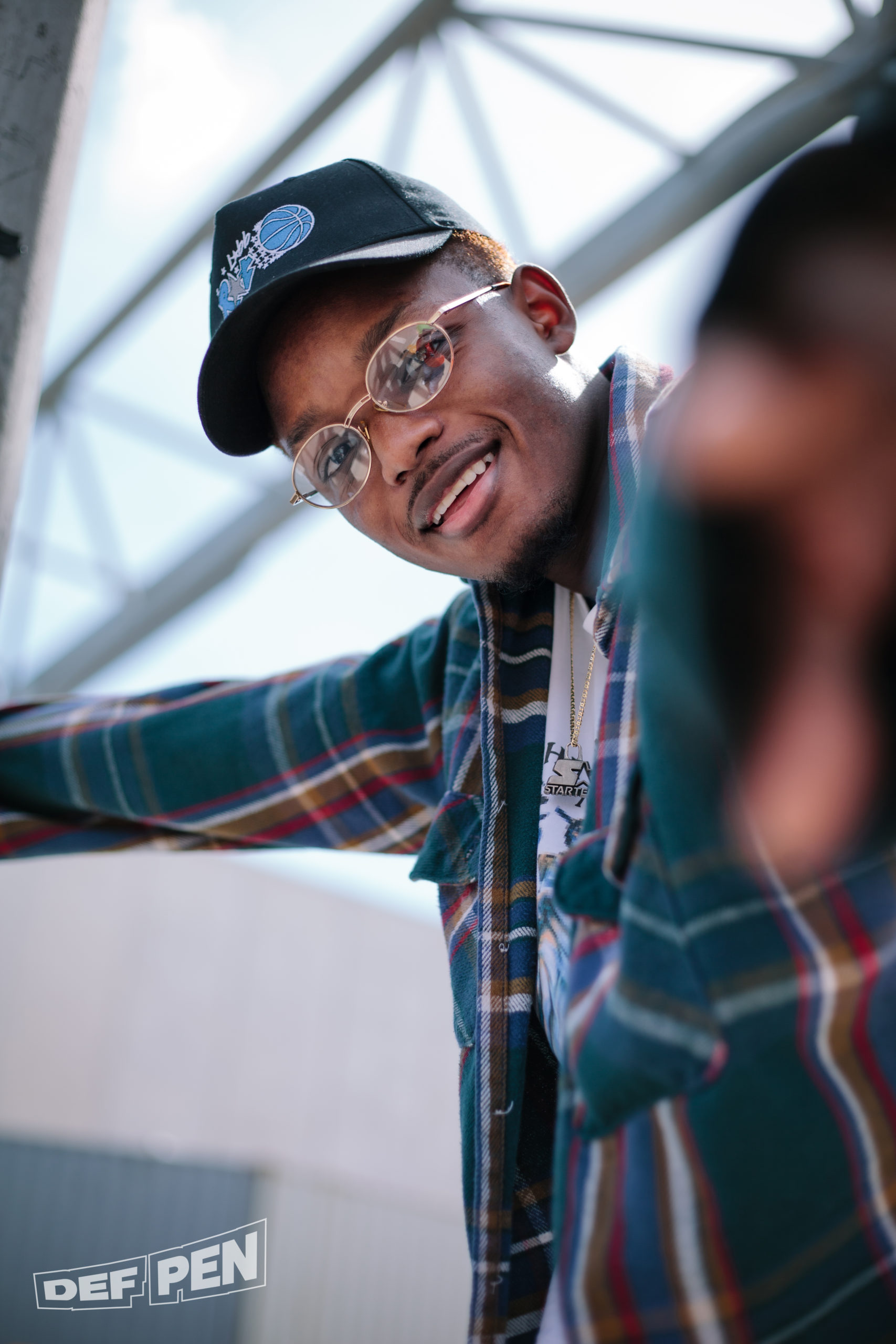
One of the last two questions I wanted to ask you was about performing in Europe. Going from New York to Europe, what was the biggest culture shock you experienced?
It’s weird because I see them as a lot more energetic and willing to appreciate the music. While I was backstage at a show in France, I was doing an interview. During the interview, I started talking about how the crowd was energetic and appreciative. While I was talking, they were surprised because they felt like they were so “standoff-ish” and stuff. The way they were describing the crowd was how you normally hear people describe New York crowds. People will say New York crowds are “standoff-ish” and that is really hard to get people in the mood here. It made me realize that it was a “grass is greener on the other side” type of thing. They’re over there and they see their people one way and when I’m over there I see people another way. That was definitely one of the things that shocked me. The same way we talk about sh*t here is the same way they talk about stuff over there.
The last question I wanted to ask is about how your family, friends, and neighborhood have reacted to your career over time. When you went over to Europe and came back, you started to see your music grow over here a little bit. At any point, were your parents or family members ever skeptical of your music career? At what point, were you able to convince them that this is real, and it is your passion and that it would pay off?
I was in college. I went to City College in New York. I finished 2.5 semesters. Actually, let’s just say I did three semesters. At that point, I was just leaving certain classes because I wanted to make music. I wasn’t really doing homework because I would come home and want to make music.
It got to a point where I ended up on academic probation. When I ended up on academic probation, I didn’t even know who the advisor was. When my Mom would ask about it, I would just tell her that I was going talk to them and handle it tomorrow. Then, tomorrow turned into the next day and the next day. I was giving different excuses and then I got an email about touring in Europe. Then, I knew I had my out. I went to my Mom and explained that I had this opportunity to tour in Europe for two or three weeks, so it wouldn’t make sense to sign up and then miss classes for two weeks.
After I came back from Europe, I got another tour opportunity and another opportunity after that. At that point, my Mom just understood that this would be my journey. It’s similar to getting the validation of people outside or on my block. She was like, “I know he’s making music all day, but wait, they want to fly you out? They’re doing all of this for you? There’s a different level of respect that comes with that and seeing that it’s real. I think that was the shift for sure.
Check out HDBEENDOPE’s latest music video, Die With Me:
